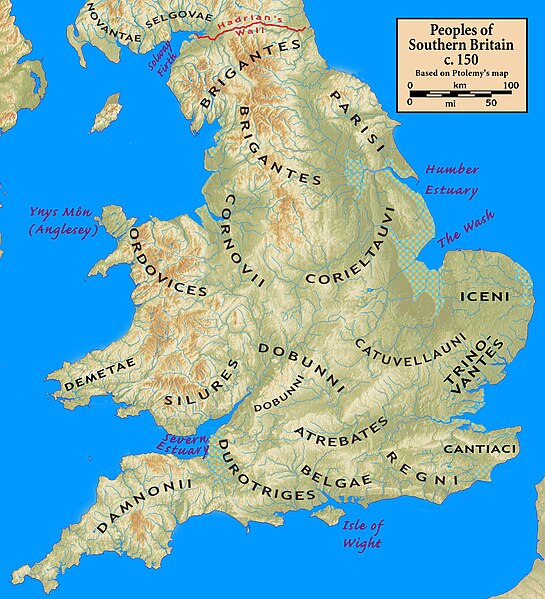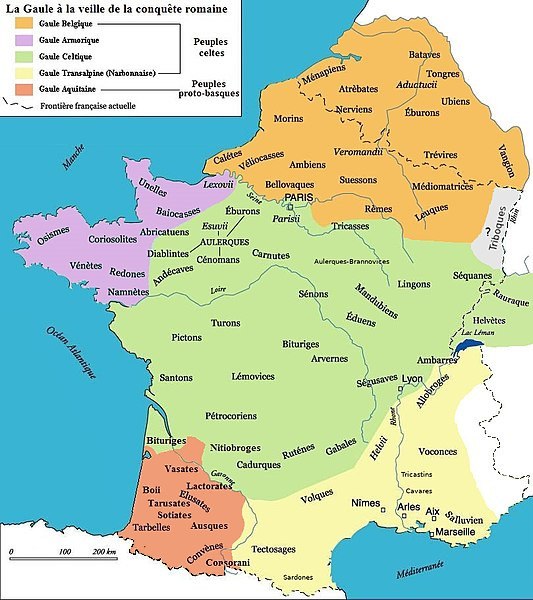The Tungri were a tribe, or group of tribes, who lived in the Belgic part of Gaul, during the times of the Roman Empire. Within the Roman Empire, their territory was called the Civitas Tungrorum. They were described by Tacitus as being the same people who were first called "Germani" (Germanic), meaning that all other tribes who were later referred to this way, including those in Germania east of the river Rhine, were named after them. More specifically, Tacitus was thereby equating the Tungri with the "Germani Cisrhenani" described generations earlier by Julius Caesar. Their name is the source of several place names in Belgium, Germany and the Netherlands, including Tongeren, Tongerlo Abbey, and Tongelre.

The Roman province of Germania Inferior, showing Atuatuca, modern Tongeren, the capital of the Tungri (Tongres). Places associated with the Tungri are in bright green. It was on the road between Amiens and Cologne on the Rhine Limes. The Ubii (in orange) were originally from the other side of the river Rhine, but moved into part of the territory of the Eburones.
The Belgae were a large confederation of tribes living in northern Gaul, between the English Channel, the west bank of the Rhine, and the northern bank of the river Seine, from at least the third century BC. They were discussed in depth by Julius Caesar in his account of his wars in Gaul. Some peoples in southern Britain were also called Belgae and had apparently moved from the continent. T. F. O'Rahilly believed that some had moved further west and he equated them with the Fir Bolg in Ireland. The Roman province of Gallia Belgica was named after the continental Belgae. The term continued to be used in the region until the present day and is reflected in the name of the modern country of Belgium.
Belgae
According to Strabo: the Belgian tribes (in orange), including the Armoricani (in purple)



